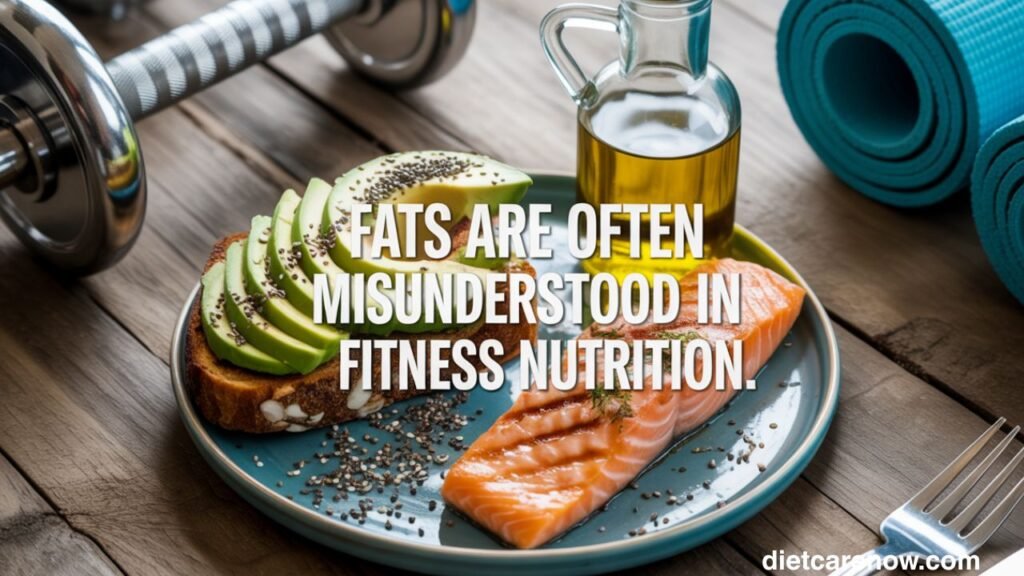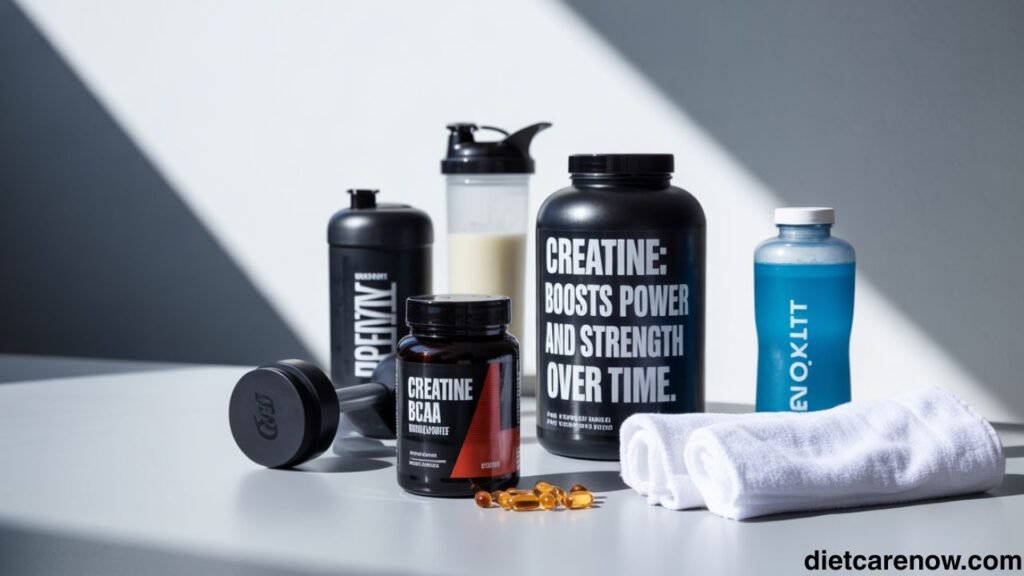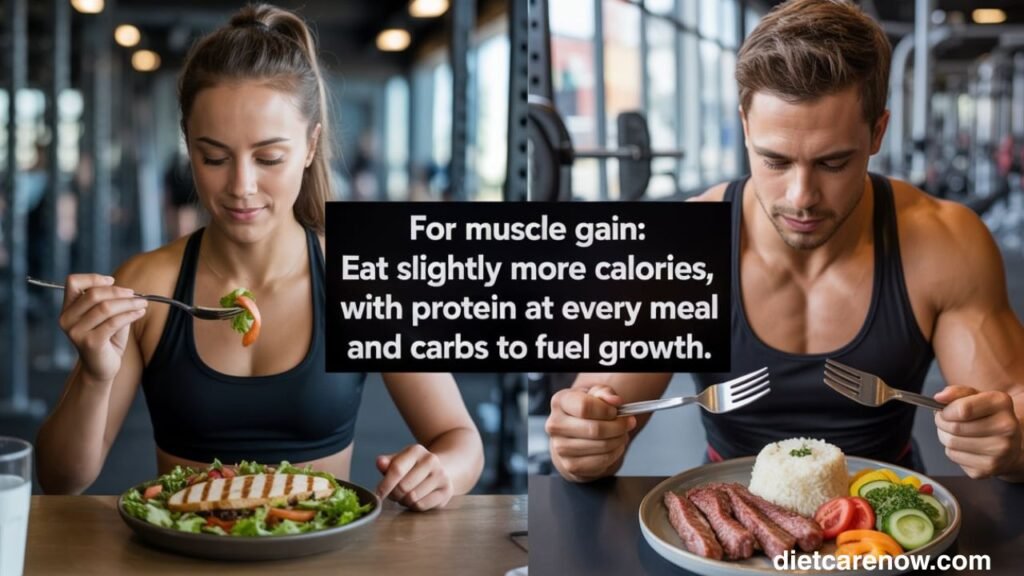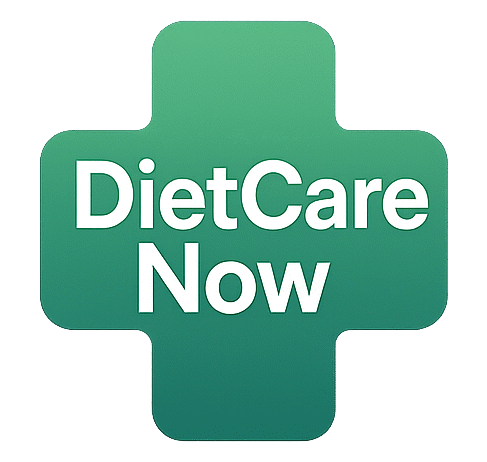If you’ve ever walked into the gym feeling sluggish or left a workout completely drained, you’ve likely experienced what happens when nutrition isn’t on point. Exercise doesn’t exist in a vacuum—what you eat before and after plays a direct role in your performance, endurance, and recovery.Proper nutrition is as important as the training itself. Pre-workout meals give your body the energy it needs to push through sets, maintain focus, and prevent early fatigue. Post-workout meals help your body repair damaged muscle fibers, restore glycogen (your body’s stored fuel), and reduce soreness so you’re ready to go again.Pre and Post Workout Foods
The right balance of carbs, protein, fats, and fluids ensures you get the most out of your workouts, whether your goal is building strength, improving endurance, or losing fat. Let’s break it down step by step.
Understanding Pre-Workout Nutrition
Think of pre-workout nutrition as priming your body for action. The main purpose is to provide fuel that supports stamina, helps you focus, and keeps your muscles firing efficiently.
The science is straightforward: when you eat carbs, your body stores them as glycogen in your muscles and liver. This glycogen becomes your main energy source during high-intensity workouts. Protein, on the other hand, helps minimize muscle breakdown during exercise.
Key goals of pre-workout meals:
- Top off glycogen stores for energy
- Provide steady blood sugar to avoid crashes
- Support muscle preservation
- Enhance focus and reduce fatigue
Also read: /winco-cottage-cheese/

Understanding Post-Workout Nutrition
After you’ve trained, your body is in recovery mode. Muscles have tiny tears, glycogen stores are depleted, and your energy is low. What you eat now makes a huge difference in how well your body repairs and grows stronger.
Goals of post-workout meals:
- Replenish glycogen stores
- Repair and build muscle tissue with protein
- Reduce muscle soreness and fatigue
- Support hydration and electrolyte balance
Skipping your post-workout meal slows recovery, delays muscle repair, and can leave you feeling weak the next day.
The Role of Carbohydrates
Carbs are your body’s main fuel during exercise. They’re broken down into glucose and stored as glycogen in the muscles. Without enough carbs, workouts feel harder and performance suffers.
Complex vs. Simple Carbs:
- Complex carbs (oats, brown rice, whole-grain bread, quinoa, sweet potatoes) digest slowly, providing steady energy. Best for pre-workout meals eaten 1–2 hours before training.
- Simple carbs (bananas, white rice, honey, sports drinks) digest quickly and give rapid energy. Best 30 minutes before a workout or right after training when your body needs quick glycogen replenishment.
Best pre-workout carb sources: oatmeal, whole-grain toast, fruit, yogurt, rice cakes.
Best post-workout carb sources: white rice, potatoes, fruit, pasta, smoothies.
The Role of Protein
Protein is the building block of muscle. During workouts, muscle fibers undergo stress and tiny tears.
Pre-workout protein:
A moderate amount helps reduce muscle breakdown during training. Examples: Greek yogurt, cottage cheese, boiled eggs, protein shakes.
Post-workout protein:
This is where protein shines. Aim for a high-quality source within 30–60 minutes after exercise. Good options include lean chicken, fish, eggs, tofu, tempeh, or whey protein shakes.
The Role of Healthy Fats
Fats are often misunderstood in fitness nutrition. While they’re not the body’s primary workout fuel, they provide long-lasting energy for endurance activities and support hormone health.
Before workouts: avoid large amounts of fat right before exercise since it slows digestion. A little healthy fat (nut butter, avocado, chia seeds) is fine if eaten 1–2 hours before training.
After workouts: fats don’t harm recovery but may slow nutrient absorption if eaten in very large amounts. Keep them moderate—think salmon, nuts, seeds, or olive oil.

Hydration and Electrolytes
Water is just as important as food when it comes to workouts. Even slight dehydration can reduce strength, endurance, and focus.
- Before exercise: drink 16–20 ounces of water 2 hours before, and 8–10 ounces about 20 minutes before.
- During exercise: sip water regularly, especially if you’re sweating heavily.
- After exercise: replace fluids lost through sweat. For longer or more intense workouts, electrolyte-rich drinks (like coconut water or sports drinks) help restore sodium, potassium, and magnesium.
Hydrating foods: watermelon, oranges, cucumbers, spinach, broth-based soups.
Best Pre-Workout Foods
The best pre-workout foods depend on how much time you have before exercising:
2–3 hours before:
- Grilled chicken, brown rice, and vegetables
- Oatmeal with banana and peanut butter
- Turkey sandwich on whole-grain bread
30–60 minutes before:
- Banana with almond butter
- Rice cake with honey
- Greek yogurt with berries
- Small protein shake with fruit
Quick rule: the closer you are to exercise, the simpler and lighter your food should be.
Best Post-Workout Foods
After training, aim for a balance of carbs and protein.
Examples:
- Grilled salmon with sweet potatoes and broccoli
- Chicken and rice bowl with veggies
- Egg omelet with whole-grain toast and avocado
- Protein smoothie with banana, spinach, and almond milk
Timing matters: Your muscles are most receptive to nutrients within the first 30–60 minutes after training. While the “anabolic window” isn’t as strict as once believed, eating within a couple of hours is ideal.
Supplements for Pre and Post-Workout
Supplements can help, but they aren’t required if your diet is balanced.
Helpful options:
- Creatine: boosts power and strength over time.
- BCAAs: may help reduce muscle soreness, though whole protein works better.
- Whey protein: quick, convenient source of protein post-workout.
- Electrolyte powders: useful for long or sweaty sessions.
Skip the hype—focus on whole foods first, supplements second.

Meal Timing: How Soon Should You Eat?
- Pre-workout: eat a balanced meal 2–3 hours before exercise. If you’re short on time, grab a small snack 30–60 minutes before.
- Post-workout: aim to eat within 30–90 minutes for best recovery.
Consistency matters more than perfection. Regular fueling supports better long-term results than stressing over exact minutes.
Examples of Pre and Post-Workout Meal Plans
For a morning workout:
- Pre: Greek yogurt with fruit
- Post: Scrambled eggs with spinach and whole-grain toast
For a lunchtime workout:
- Pre: Turkey sandwich on whole-grain bread
- Post: Chicken and rice bowl with vegetables
For an evening workout:
- Pre: Oatmeal with banana and almond butter
- Post: Salmon, roasted potatoes, and broccoli
Quick snack options:
- Pre: Rice cake with peanut butter, banana, or dates
- Post: Protein shake with fruit
Special Considerations
Your workout goals affect your nutrition strategy.
- For weight loss: focus on lean protein, moderate carbs, and avoid high-calorie “reward meals” post-workout.
- For muscle gain: eat slightly more calories, with protein at every meal and carbs to fuel growth.
- For endurance athletes: prioritize carbs before and after workouts.
- For strength training: balance carbs and protein, with emphasis on protein for recovery.

Common Mistakes to Avoid
- Skipping meals: leads to fatigue and slower recovery.
- Too much fat or fiber before workouts: causes digestive discomfort.
- Overeating post-workout: undoing calorie balance.
- Ignoring hydration: even the best meal plan fails if you’re dehydrated.
Conclusion: Fueling for Success
Exercise is only half of the equation. The meals you eat before and after training are what truly fuel progress. Pre-workout foods give you the energy and focus to perform at your best, while post-workout meals repair, rebuild, and prepare you for the next session.
Keep it simple: carbs for energy, protein for muscle repair, healthy fats in moderation, and plenty of fluids. Whether you’re lifting heavy, running long distances, or working toward weight loss, nutrition is your most reliable training partner.

